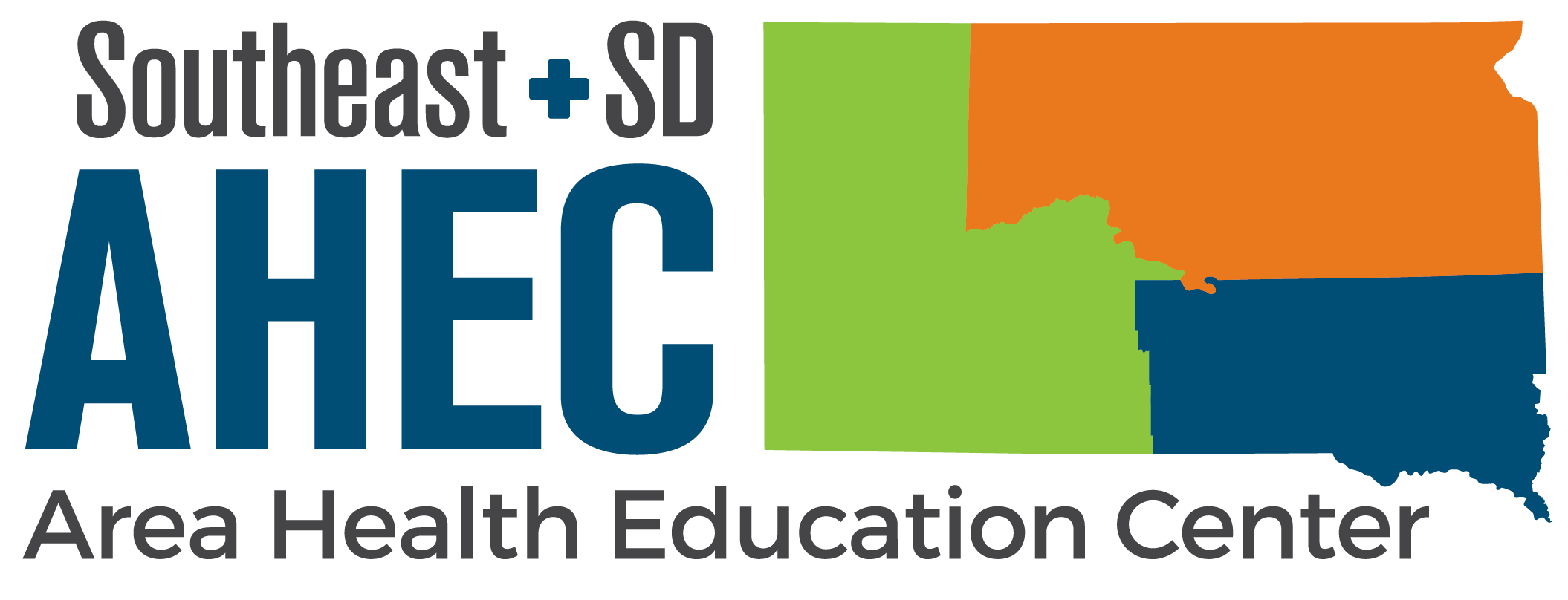Growing up in South Dakota, I have always cherished rural living and values. However, I had little to no comprehension of what it took to be an occupational therapist within a rural hospital. The REHPS program provided me with the optimal opportunity to explore this setting and area of practice. I was placed in Winner, SD at Winner Regional Health (WRH) for four weeks. There, I observed and participated in patient care across inpatient, swing bed, outpatient, and long-term care settings with various health professionals. While the majority of my time was spent with WRH’s occupational therapist, I was also able to observe nurses, physicians, pharmacists, laboratory technicians, physical therapists, and several specialists. These specialty areas included nephrology, lactation, urology, orthopedic clinic and surgery, radiology, and more. Needless to say, WRH had a lot to offer.
One particularly unique component about Winner and WRH is its proximity to the Rosebud Indian Reservation. This connection leads to increased communication and collaboration with Indian Health Services (IHS) and the population IHS serves. Cultural components of the Native population were woven within the Winner community, and I was able to interact with several patients who shared aspects of their culture with me. For example, while observing their wound care services, a patient taught me a few words from the Lakota language. It was an experience that I cherish, and working with members of this community helped me continue developing my cultural competence and cultural humility skills.
The willingness to share cultural and personal values and skills did not end there. The staff and health professionals at WRH were very welcoming and supportive of my education. Professionals would kindly answer my questions and allow me to observe their skill set and services. My favorite conversations pertained to how professions coincide or collaborate with occupational therapy, providing me with insight into various experiences my future patients may encounter. For example, I observed an orthopedic surgeon perform a total hip arthroplasty, which has taught me the trauma patients’ muscles experience before visiting me during recovery. I also feel this experience improved my competence in educating patients on what to expect when receiving this procedure.
Overall, my REHPS experience was unique and valuable, just like the communities of Winner and WRH. One of the most significant takeaways from this experience was how much a community, including an interprofessional team, can influence and impact individuals’ health and wellbeing. I feel fortunate that I witnessed and participated in direct patient care throughout my REHPS experience and will value this educational opportunity throughout my future career as an occupational therapist.
